KISUMU — The Jaramogi Oginga Odinga Teaching and Referral Hospital (JOOTRH) has been elevated to a Level 6 national referral parastatal, a significant step in reshaping healthcare in the Lake Region and beyond.
Principal Secretary for Medical Services, Dr. Ouma Oluga, made the announcement during a recent visit to the facility. He stressed that the transition from a county-run hospital to a state parastatal must deliver immediate change.
“The shift from county to national status must be felt right away,” Dr. Oluga said. “This facility is expected to change the story of health in this region.”
Dr Oluga outlined the government’s vision for JOOTRH, highlighting its potential to attract and retain skilled health professionals. He revealed that within five years, national referral hospitals will no longer receive direct tax-based funding and urged the management to embrace financial independence.
“We must diversify revenue through clinical research, grant-writing, and the establishment of a modern simulation centre that can both improve training and generate income,” he said.
The PS emphasised a people-first strategy, prioritising staff welfare, patient safety, and community health. He called on JOOTRH to strengthen follow-up care and design a public health strategy to curb preventable diseases that continue to strain the healthcare system. Senior specialists were also challenged to mentor younger colleagues, while a new hospital board is expected to be appointed before the end of the month.
A Legacy Institution with a Complex History
JOOTRH, originally opened in October 1969, has long served as a lifeline for Western Kenya. Initially known as Kisumu Provincial Hospital, it was renamed in honour of Kenya’s first Vice President, Jaramogi Oginga Odinga, to reflect its role as a teaching and referral facility. Over the decades, it has trained health professionals while providing specialised services in oncology, renal care, intensive care, and surgery.
However, the institution has not been without its struggles. Chronic shortages of medical staff, inconsistent supply of drugs and essential commodities, and cash-flow constraints have hampered its operations. Infrastructure gaps — including inadequate ICU capacity, an overstretched casualty department, and outdated asbestos roofing — have further strained the hospital.
A 2024 evaluation highlighted serious waste management shortcomings, with inadequate protective equipment and delays in supplying waste containers exposing staff to risks such as sharps injuries. Staff welfare has also been a recurring concern, with many employees working on short-term contracts and lacking clear promotion pathways.
What the Elevation Means
Becoming a state parastatal gives JOOTRH greater autonomy in governance, staffing, and budgeting. It also secures improved terms for its workforce, including pensions and clearer career structures for those already employed at the time of the transition.
For patients, the upgrade is expected to expand access to specialized care locally, reducing the need for referrals outside the region. The hospital is also set to enhance emergency services, upgrade laboratories, and increase its overall bed capacity.
Dr. Oluga made it clear that this transformation will not just be about infrastructure but also about the hospital’s role in community health.
“Staff welfare, patient safety, and community well-being must come first. JOOTRH must step forward to tackle preventable diseases and ensure that the people of this region see real change,” he said.
Outlook
The elevation of JOOTRH to a national referral parastatal signals a new chapter for healthcare in Western Kenya. With autonomy, fresh leadership, and the backing of the national government, the institution is poised to overcome its historic challenges. Yet its success will depend on how quickly reforms in staffing, financing, and service delivery are implemented.
For now, Kisumu and the surrounding counties await the hospital’s transformation with cautious optimism.
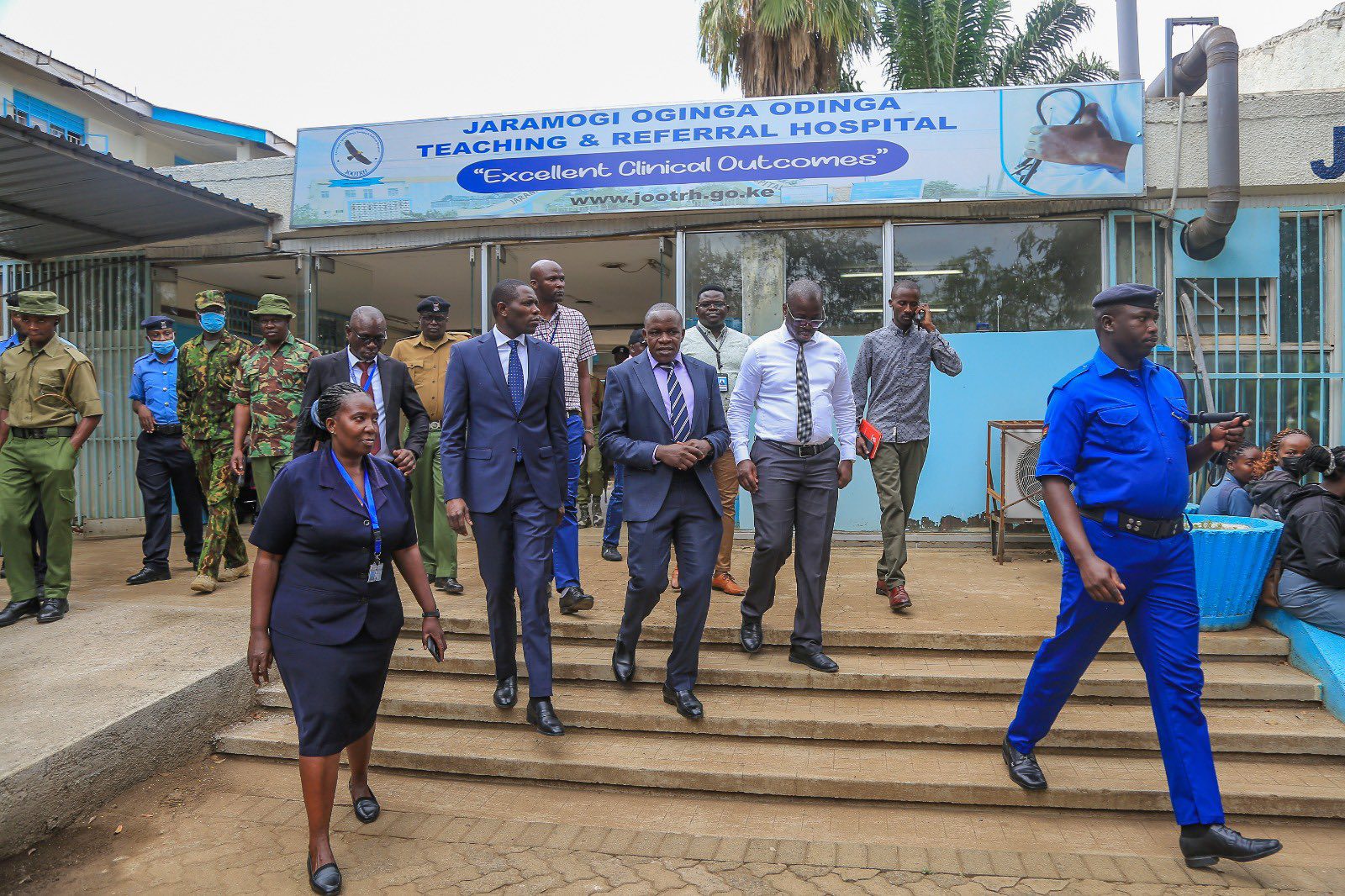
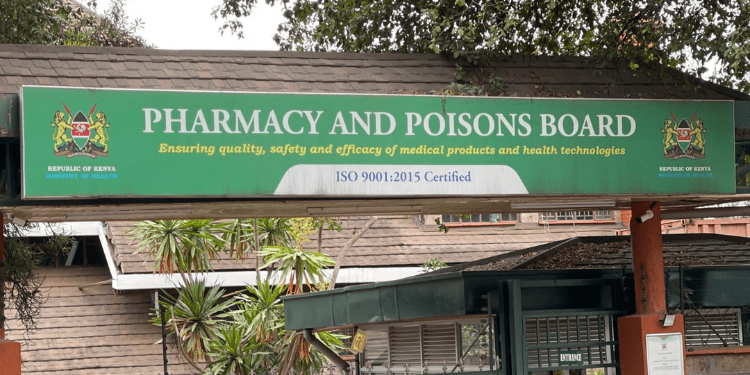
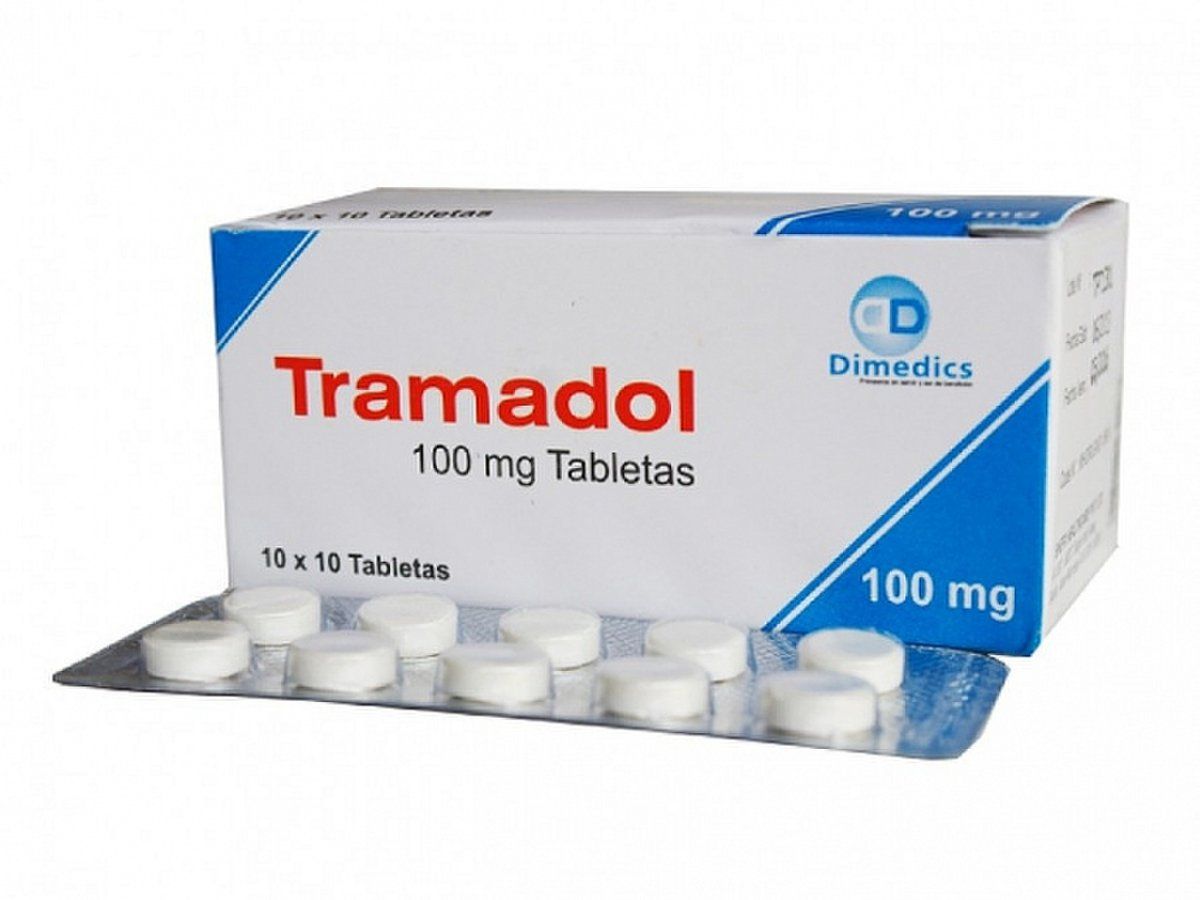
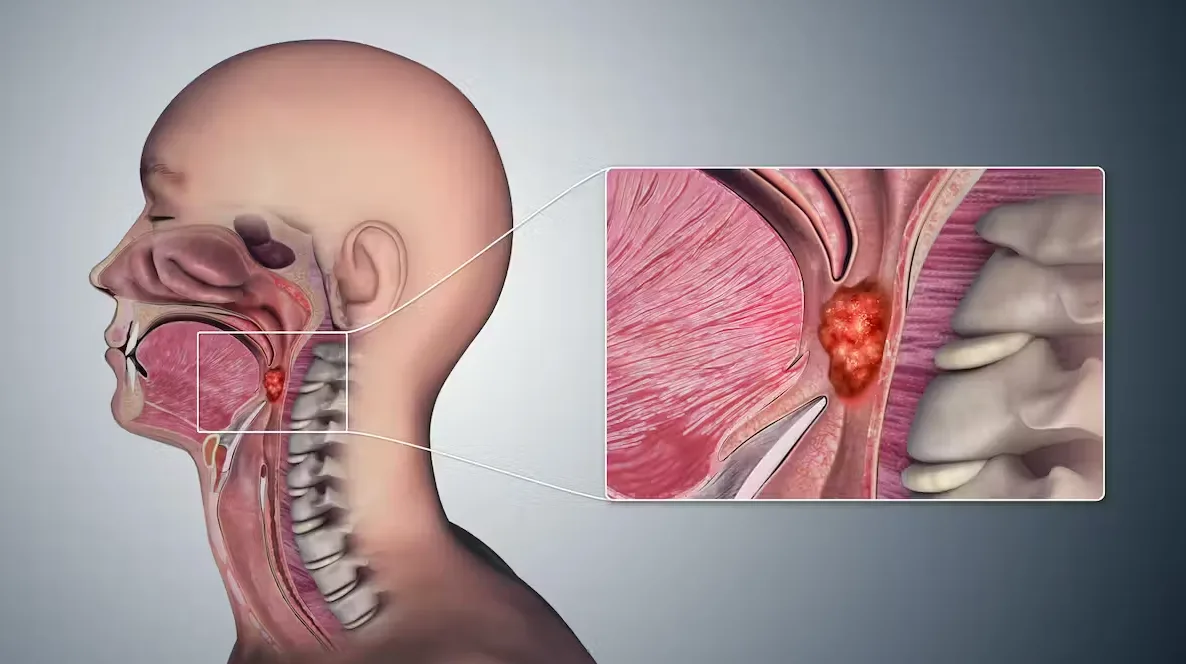

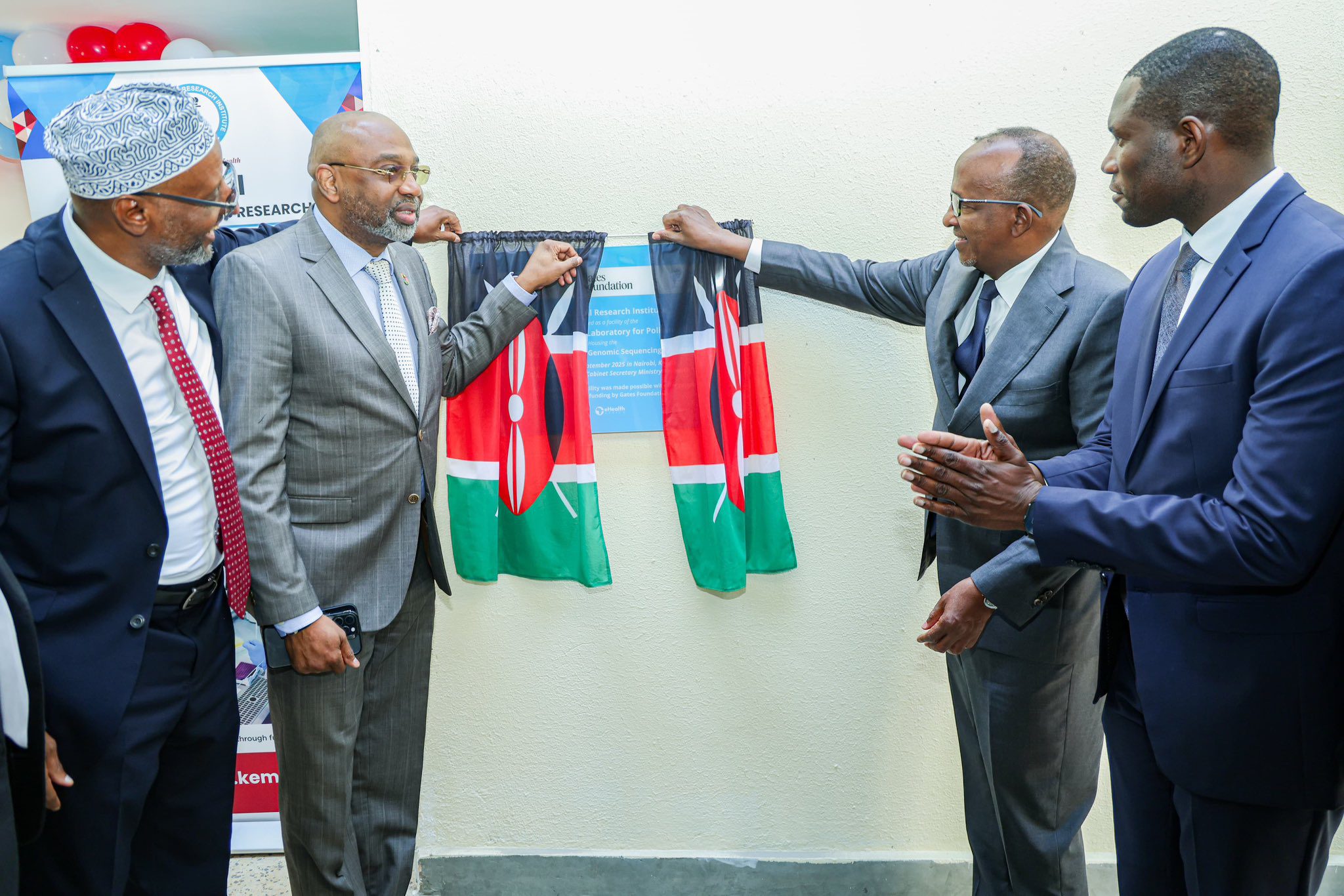

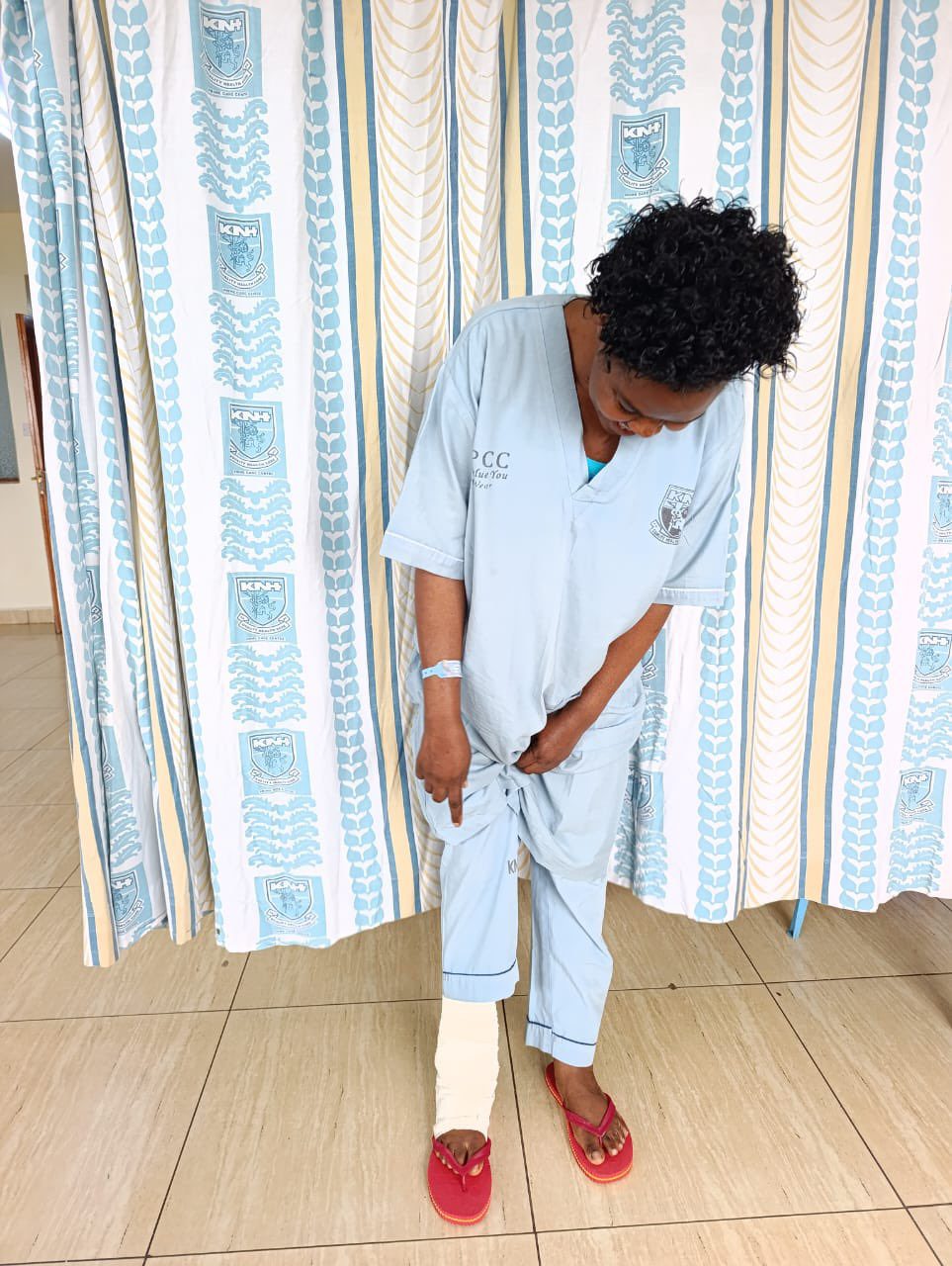
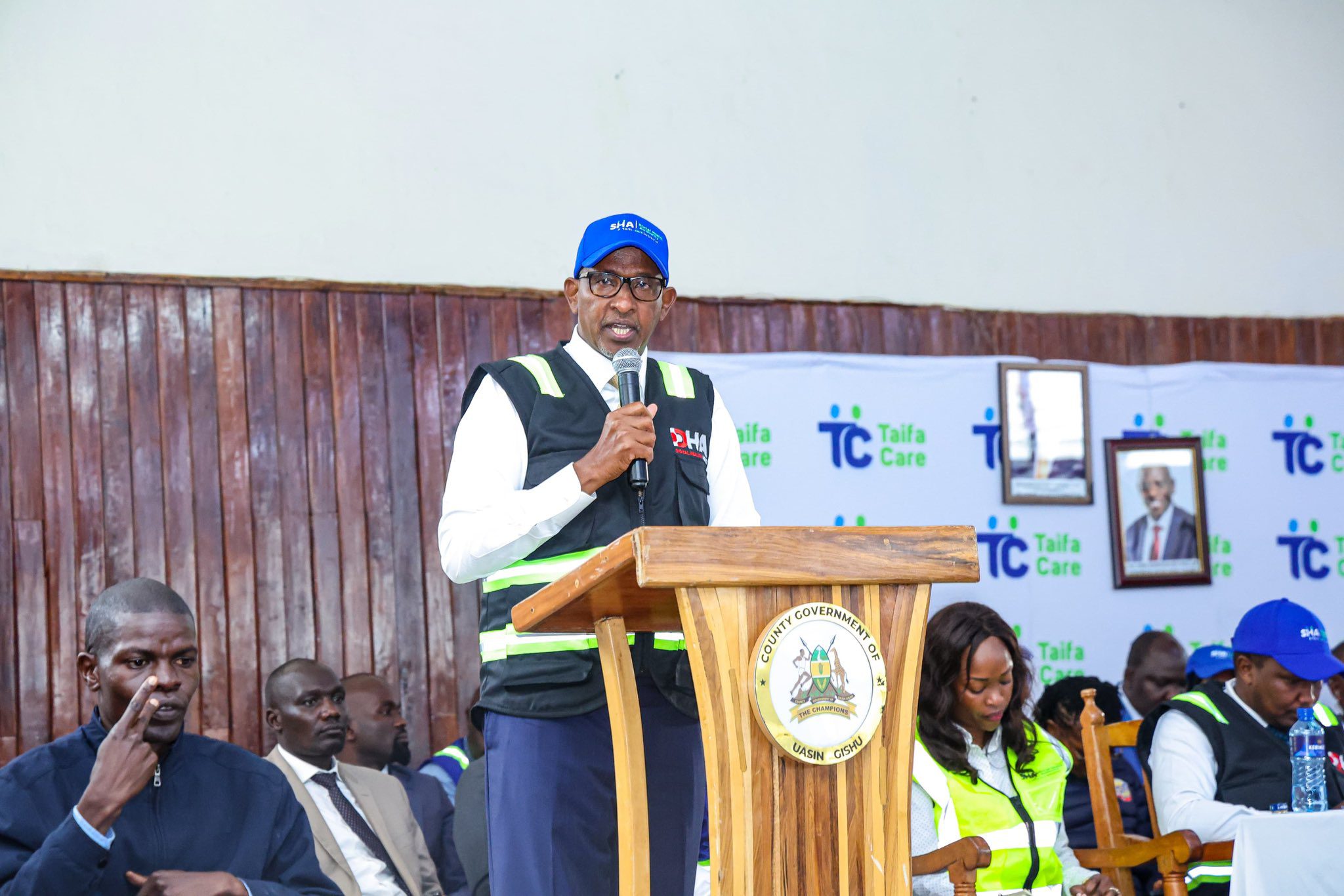

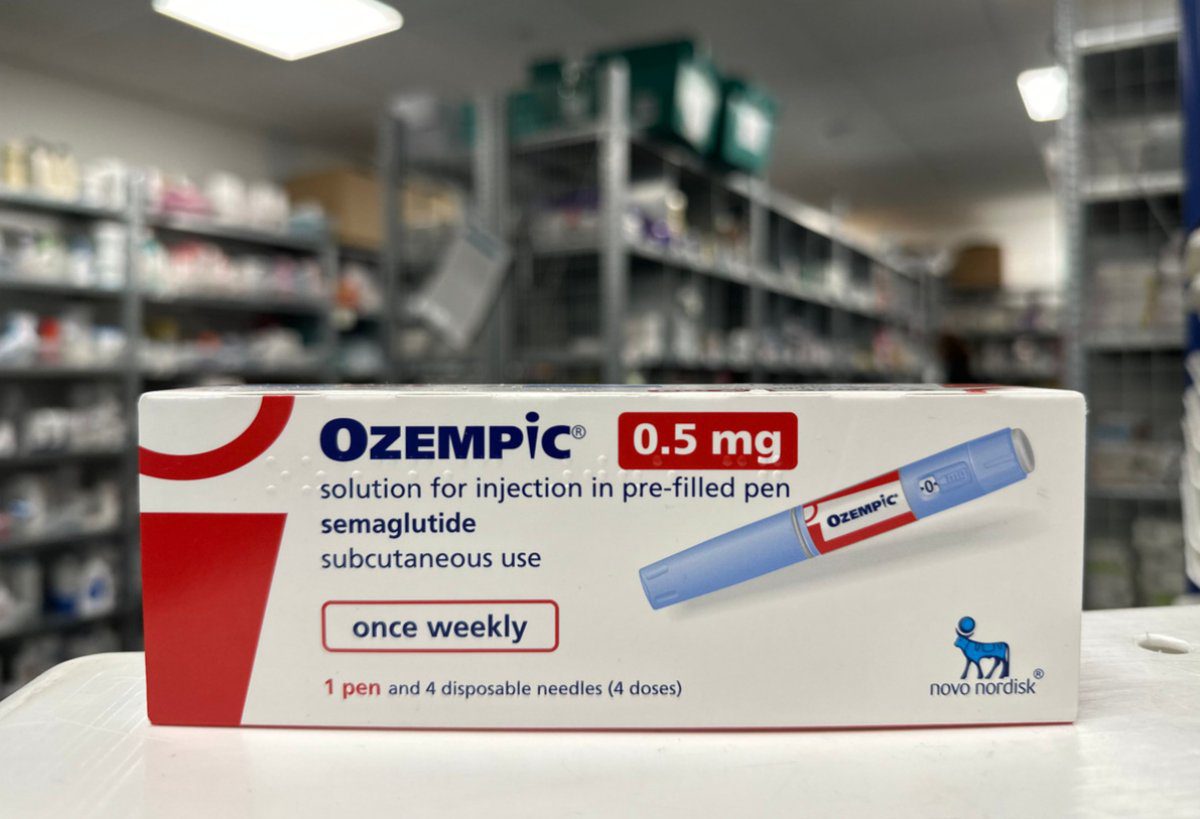


Leave a Reply